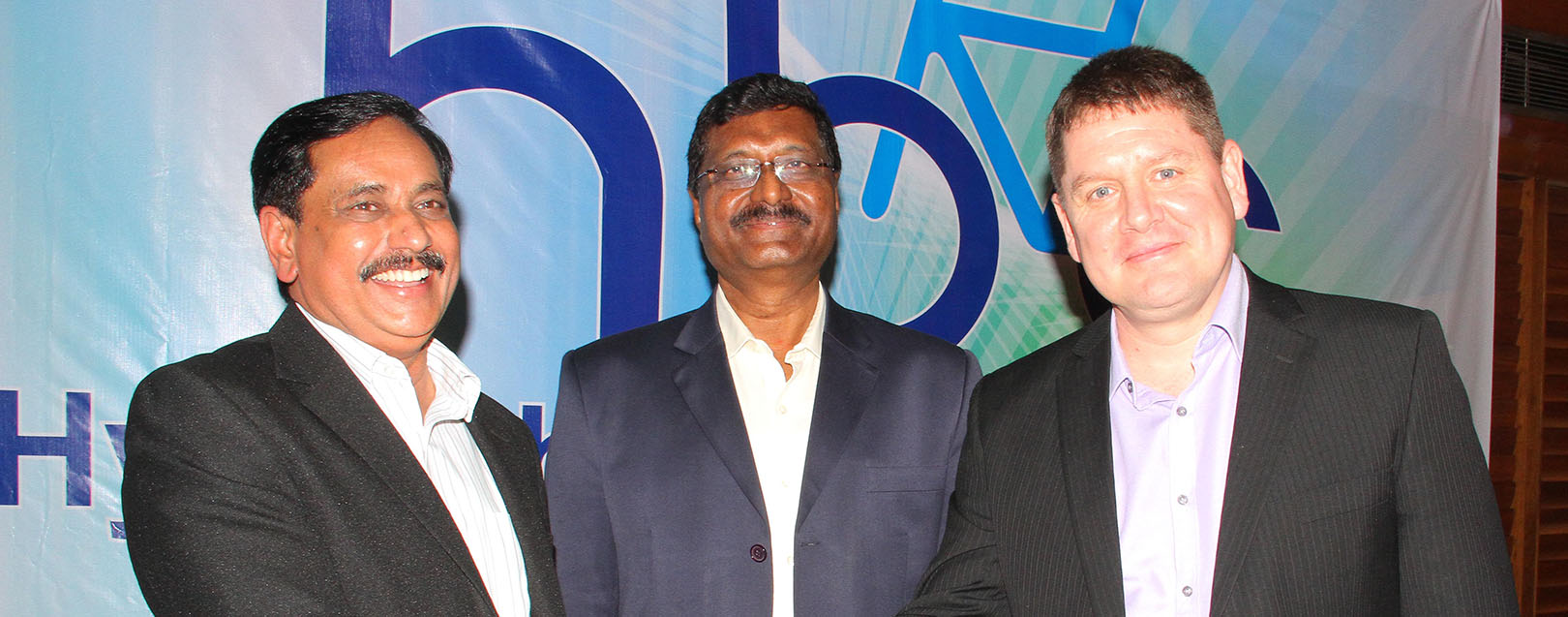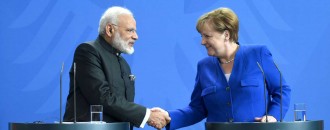
Integrated transport systems can make cities smarter
In order to make Hyderabad a global smart city, it is the responsibility of the people to opt for integrated public transport system. Urban dwellers should reduce the use of private cars to ease traffic congestion. They should cultivate the habit of choosing public transport or riding bicycles while going to work, Stephen Yarwood, Urban Futurist and Former Mayor of Australian city Adelaide told The Dollar Business Bureau.
Australia is losing 20 billion Australian dollars every year due to traffic jams. Traffic congestion leads to lower productivity. Car dependency is also an addiction which should be avoided, he said while addressing a conference organised by Hyderabad Bicycling Club (HBC) to announce ‘Chak De India 2 Ride’ coming Sunday.
Being an expert in city planning, he also gave few suggestions to the government in increasing the productivity of the city. “Hyderabad is a global brand competing with cities like Shangai and Bangkok. The city should grow vertically with more high-rise buildings. The proximity of residential areas to the work places and educational institutions will help in increasing the efficiency of the individuals,” he said.
The HBC, on Thursday, has signed a tripartite MoU with Hyderabad Metro Rail (HMR) and UN Habitat to offer connectivity solutions to Hyderabad metro rail passengers by establishing more than 300 bike stations. Out of these, 63 bike stations will be built at the metro rail stations, while the remaining stations will be the feeder stations across the city. German bicycles, that cost around Rs.50,000 each and e-bikes at Rs.1 lakh each, will be available for rent to the metro rail passengers at these bike stations.
D V Manohar, Chairman of HBC said, “This Rs.100-crore project would be the largest Public Bike Sharing (PBS) System of its kind in the world. The Government of Telangana is supporting our eco-friendly project and has passed a GO nominating HMR as the nodal agency. We are asking the state government to establish cycle-tracks in the city for this project and they have responded positively. By the end of September, the equipment will be ready at the demo station.”
Informing the media about the current status of the metro rail project, HMR Managing Director NVS Reddy said that the project is on schedule overcoming the obstacles and undergoing all safety certification trails.
As part of the MoU, the UN Habitat would be showcasing this project as a model to be emulated by the developing cities across the world and at the Habitat III conference happening in Quito, Ecuador this October.







 to success.
to success.